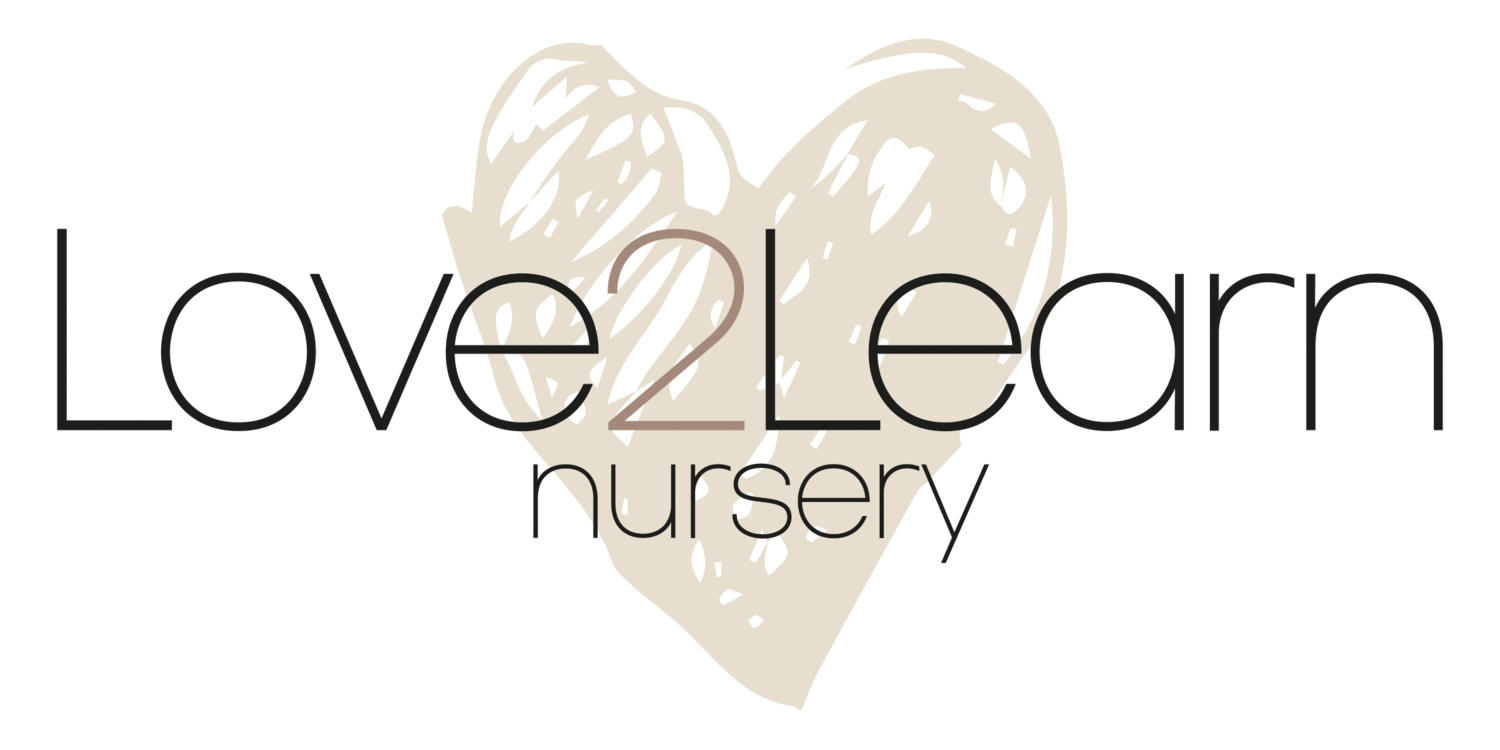The Many Theorists Of Early Years
The Many Theorists Of Early Years
There are many theorists who have researched and discovered how children change and grow over the course of their childhood. These theories have then formed the way we support, teach and nurture children to achieve their full potential.
Some of these world renowned theorists have had an influential input on our educational system and in particular have helped to form the Early Years Foundation Stage.
Human development is a wide and varied subject, which is why there are multiple theorists, specific to many areas, including social, emotional and cognitive development.
It can sometimes be a difficult task to asses how and why a person grows, learns and acts the way they do. This is why it is important to apply more than one theory into practice.
What theorist’s do we follow?
Here at Love 2 Learn Nursery, we follow ‘The Curiosity Approach®’, which is based on multiple theorists.
Multiple ideas and thoughts on child development, researched and studied, combined to form our approach.
The approach is influenced by many great men and women, who had a vast interest in bettering early childhood.
Reggio Emilia – Founded by Loris Malaguzzi, Reggio is an approach which focuses on the child, believing they are capable, curious learners, who are capable of reaching their full potential by learning from their environment and the attachments and relationships they build with those around them.
Instead of placing focus on what we need to do for children, it focuses on giving children opportunities to use their knowledge and ideas to achieve potential independently.
Supporting children to express themselves, explore and learn through their interests.
Read more about the Reggio Emilia approach here
Maria Montessori – Maria Montessori founded The Montessori Theory, a method of teaching which focuses on independence and observation, as well as other topics.
The theory focuses on allowing children to complete tasks, they feel they can achieve, that children are born with natural learning abilities and are capable of using them freely.
She also outlines the importance of the environment, being a child centred set up, with freedom to explore and discover, without limitations, supporting success and achievements.
Read more on Maria’s theory here
Te Whāriki - Te Whāriki is the New Zealand early childhood education curriculum, first introduced in 1996.
The theory places the child in the middle of everything, focusing on a sense of belonging and the child’s wellbeing.
Focusing whole heartedly on not only a child’s development, but their spiritual mind and body.
Read more on Te Whāriki here
Rudolf Steiner – Rudolf Steiner (1861-1925) was an Austrian philosopher and educationalist.
His theory was based heavily on real life experiences, like cleaning, cooking and gardening, believing these gave a sense of wellbeing.
He believed that the feelings and wishes of learners were as essential as gaining knowledge itself.
Steiner’s approach to early years and the education of young children, was based largely on child-led learning, using imagination, which was highly stimulated by natural resources.
He believed play is the basis for learning and thought the first 7 years of life was of great importance for a person’s future.
Read more about Rudolf Steiner’s approach here
We are inspired by many theorists, all across the globe.
This is why we love our curiosity approach, it’s a sprinkling of all of our favourite parts, beautifully mixed together ♥️

